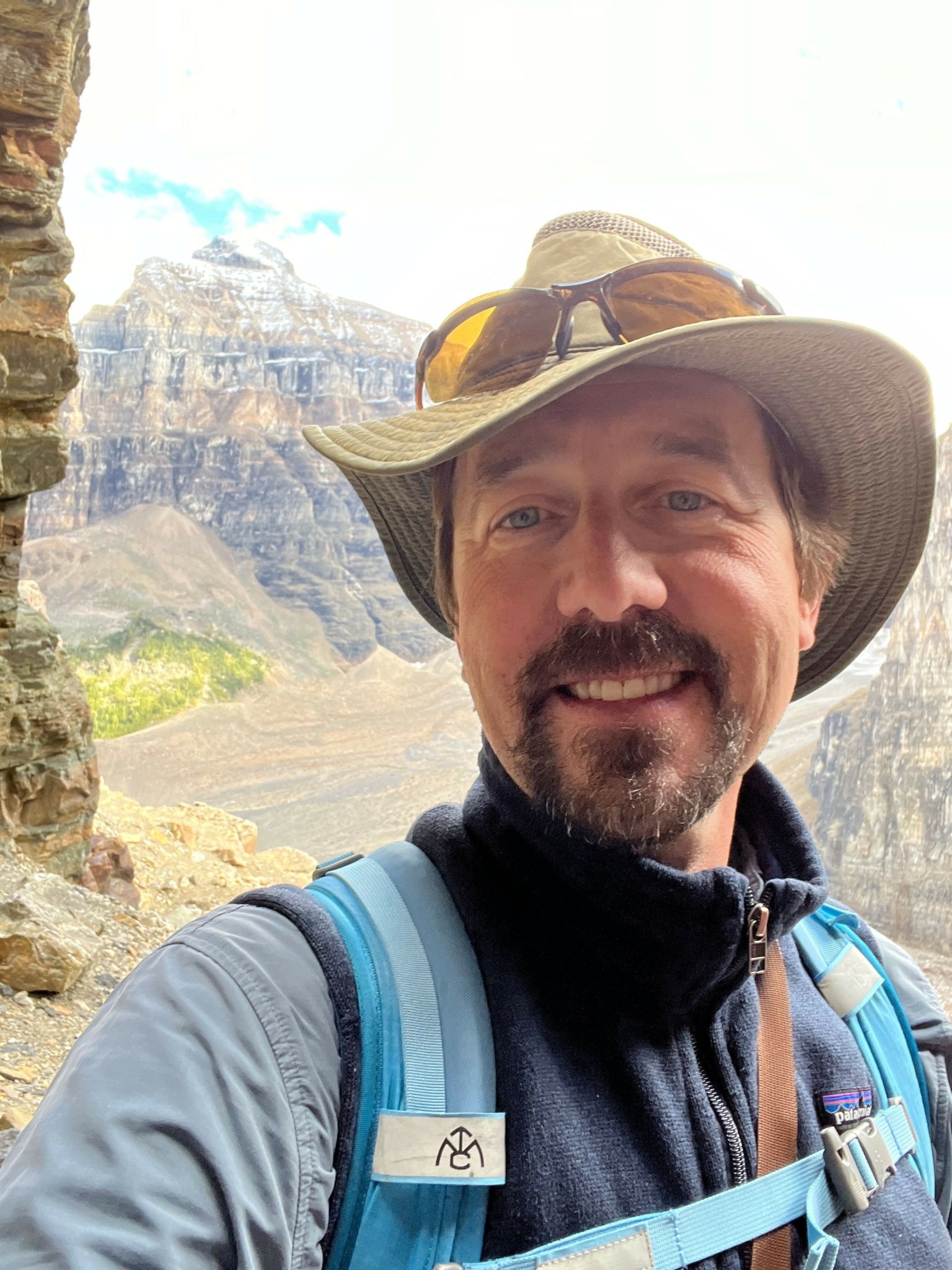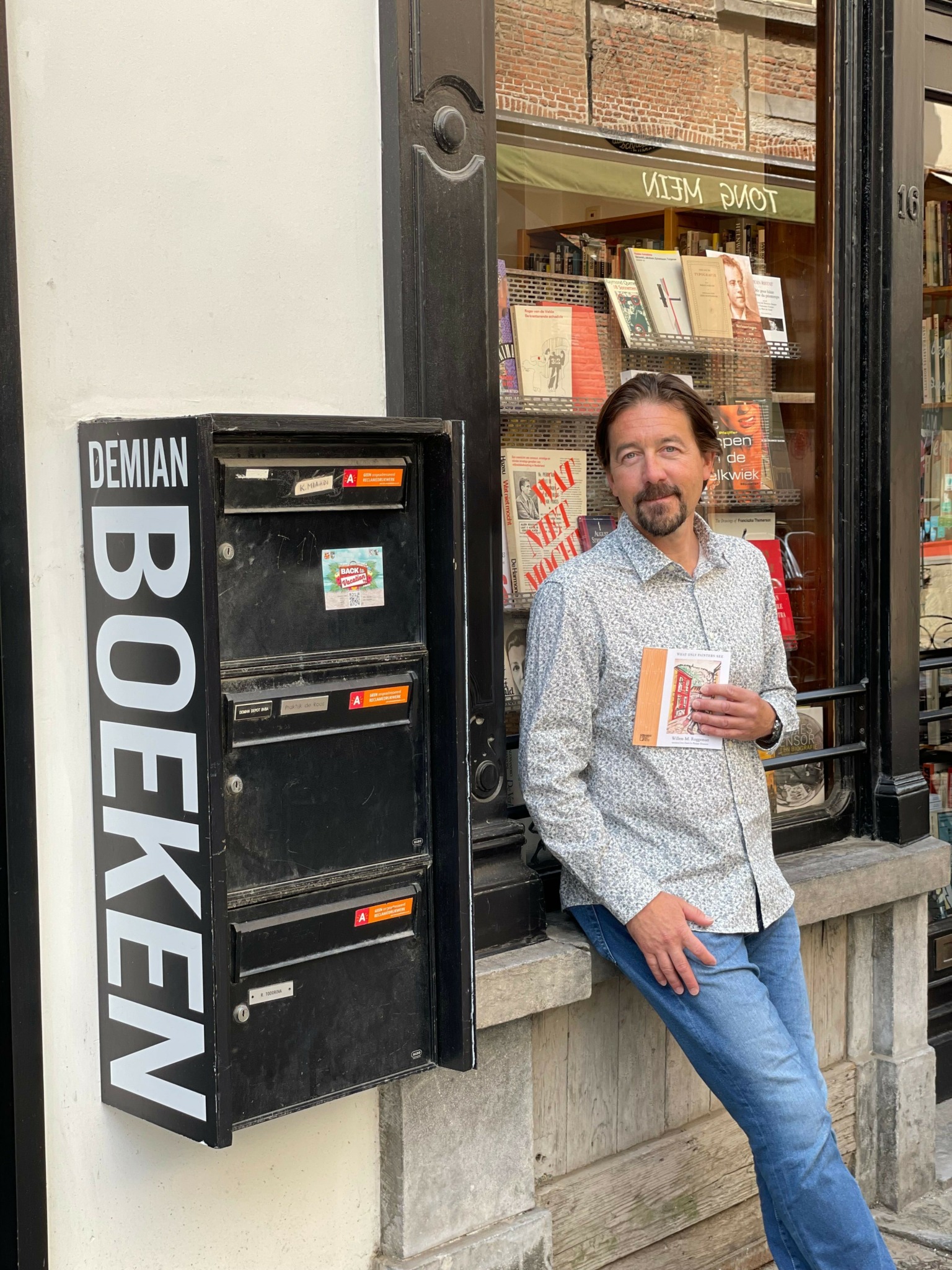Alright – so today we’ve got the honor of introducing you to Philippe Ernewein. We think you’ll enjoy our conversation, we’ve shared it below.
Philippe, appreciate you joining us today. What’s been the most meaningful project you’ve worked on?
In college, I read Gary Snyder’s book of poems called Turtle Island. One of the quotes and guiding principles from that book is, “Find your place on the planet. Dig in, and take responsibility from there.” That resonated with me, and it made me wonder where I could find my place on the planet where I could dig in and take responsibility.
Although school had not been a very hospitable or comforting space for me as an English Language Learner in the early 1980s, I felt it was the place where I needed to dig in and help create a more caring, inclusive, and empowering experience for students – a place where I could dig in and take responsibility.
I was fortunate to be included in the 1994 Teach For America Corps and placed outside of New Orleans in the middle of sugarcane fields, behind East St. John High School, to teach in a double-wide trailer. I was a high school special education teacher in a behaviorally disordered/emotionally disturbed self-contained class; I’m not sure if those exact terms are even used anymore. I hope they are not; the labels were not helpful.
Through collaboration with my TFA colleagues and my friends who were teachers, along with hard work, forging relationships in the community, finding creative approaches to old problems, and valuing the students’ interests, their readiness levels, and learning profiles, I’d say easily it was the hardest and most meaningful work I had ever done up to that point in my life.
I’m still doing that work today, no longer in sugarcane fields, but in the foothills of Denver, CO, at the Denver Academy, as the Director of Education.
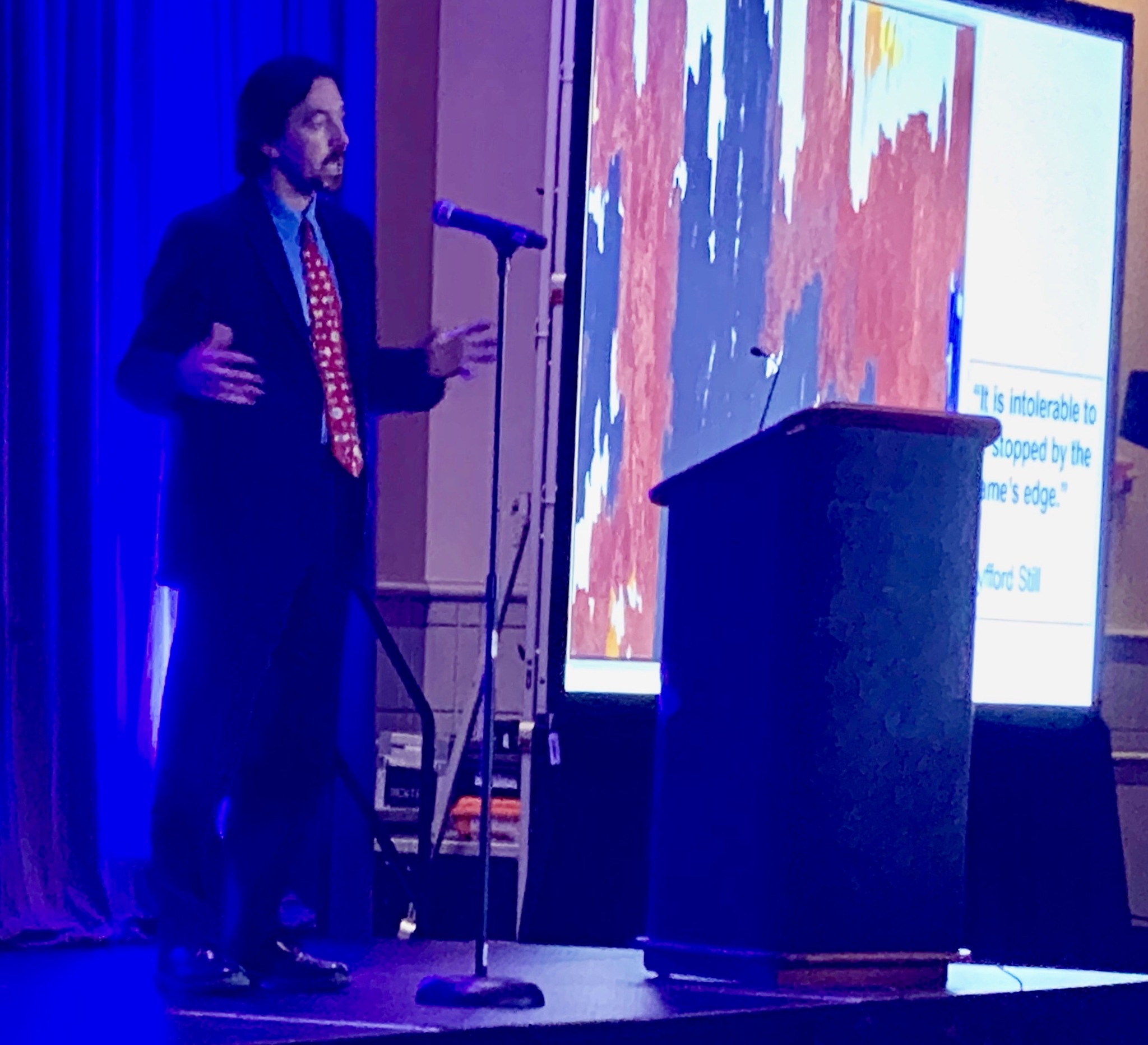
Philippe, love having you share your insights with us. Before we ask you more questions, maybe you can take a moment to introduce yourself to our readers who might have missed our earlier conversations?
Philippe has been in the field of education since 1994. He presents annually at various national and international educational conferences and workshops.
Philippe has received numerous awards and recognitions in the field, including being named the Colorado Council for Learning Disabilities’ Professional of the Year (2017) and receiving the Floyd G. Hudson Service Award from the Council for Learning Disabilities (2017). Yet, he values his daily collaboration with fellow educators and students above all honors.
Philippe is the Director of Education at Denver Academy and an educational consultant who partners with schools and organizations to enhance teaching, learning, and leadership. His published work and reflections appear at www.rememberit.org
.
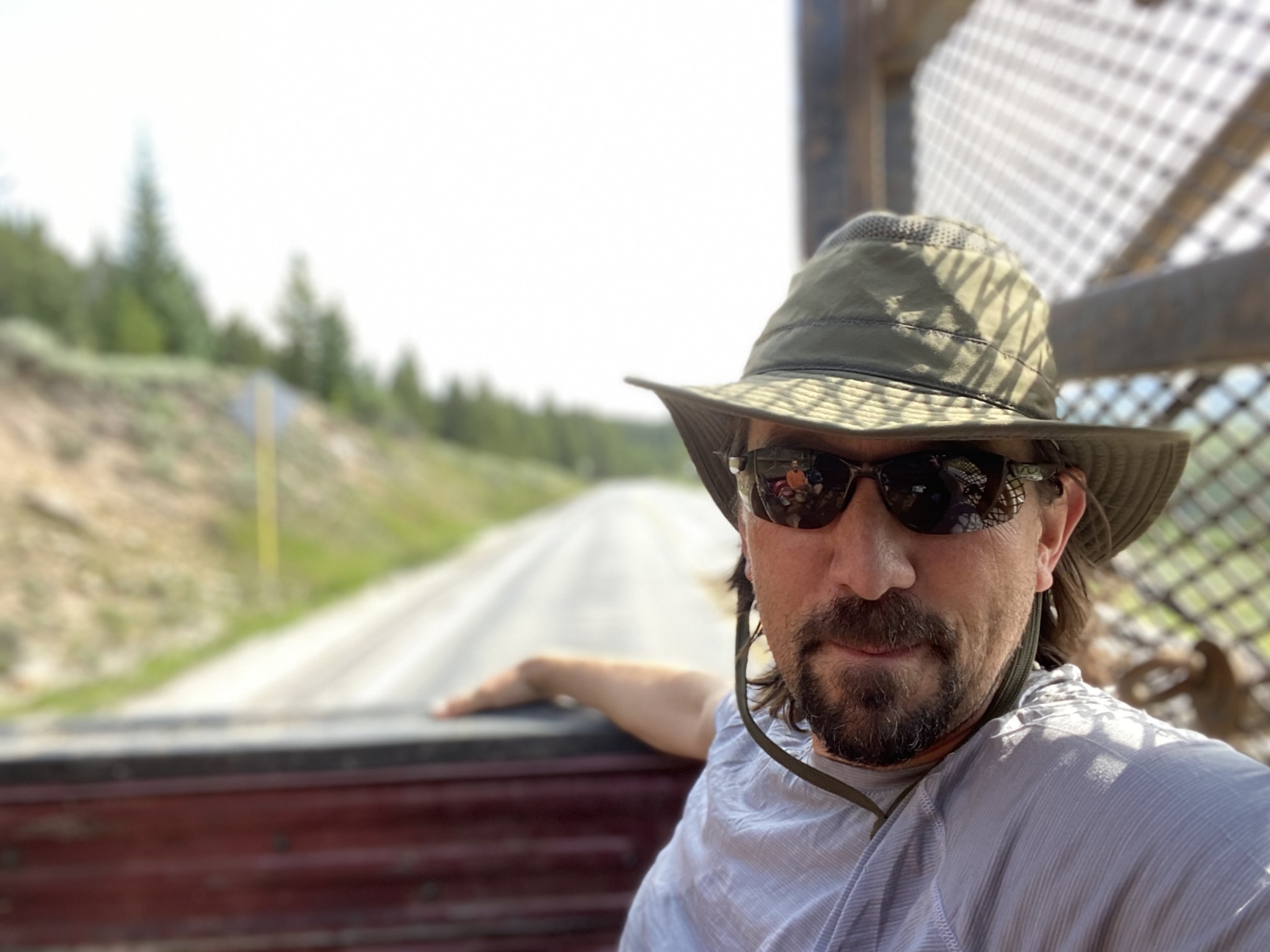
We’d love to hear a story of resilience from your journey.
I think everyone has a story of struggle and triumph, and it’s important to listen to those stories, make space for them, and honor them.
At my school, we refer to this as our story of self. These public stories enable students, families, colleagues, and the community to understand why you are pursuing this work, what motivates you, and what you value.
Part of my story of self is immigrating to the United States and learning the English language. In a writing workshop class with high school students, I wrote the following vignette:
My first days in America were spent riding the short bus to school. I sat with students with complex physical and developmental needs. I was the non-English speaker. Most were wheelchair bound. None of them spoke; if they did, I don’t remember it. I wasn’t bothered too much; thanks to Edwin.
Edwin lived on the fifth floor of my apartment building in Belgium. My mom, sister, and I lived on the fourth floor. Our moms were acquaintances; Edwin had Down syndrome. Our families would get together for dessert or mid-afternoon coffee. Edwin never came to our apartment; we always went upstairs. Edwin and I crashed Matchbox cars, threw a big soft ball, and he had an exercise bar hanging in the doorway of his bedroom. Edwin was the strongest kid I’d ever seen. He could pull up his large, awkward body and keep his chin above the bar for minutes at a time.
My little sister didn’t like him because he sometimes tried to steal her shoes. I knew he didn’t mean any harm. I could see in his slanted eyes that he was just being playful. There was no hate or malicious intent there. Edwin and I sometimes reached a point of frustration when he spoke in such an excited, hyperactive manner that I could not understand him. His mom would intervene, administer medicine, and our visit would be over. I only saw Edwin during those visits. I never saw him outside. He didn’t attend my elementary school.
What did Belgium do with her disabled, her handicapped children? I actually never saw a wheelchair bound or disabled student at Mariagaarden, my Catholic school. Was there even a ramp at the church we visited each Wednesday?
I do know what America did with her disabled in 1980. She put them on a short, yellow bus with me and brought them to an alternative school for special instruction. Some students needed help buttoning their shirts, using the bathroom, combing their hair, counting to ten, and identifying colors. I needed to learn a new language, a new culture. I didn’t need to know how to button my shirts because in America, I could wear a T-shirt to school. Going to the bathroom wasn’t a problem, but asking for directions was. I didn’t need help combing my hair, but I did begin to notice the many different kinds of hair America had on her head: straight black, curly blond, brown afro, dreadlocked, crimped, colored, feathered, spiked, and even shaven. I decided I wanted to wear mine long.
My mother tongue did little good in Ms. Smith’s third-grade classroom at Catoctin Elementary. It did offer me the opportunity to correct my teacher: Brussels is the capital of Belgium, not Brugge; not everyone speaks French there, and the colors of the flag are black, yellow, and red, displayed vertically, not horizontally. During lunch, I would return to Catoctin Elementary from the special school and sit in the cafeteria, hoping that no one would talk to me in those first months. I was only allowed to be in the “regular” class in the afternoon when they had P.E., art, and math.
I looked the part, but I couldn’t talk the talk yet. I wore the tennis shoes from K-Mart, I had a Hardy Boys lunch box, and I even had a Boston Red Sox baseball cap. My mind still thought in Flemish, and my tongue stumbled over anything with more than four letters. I was so nervous during those lonely lunch days that when I turned my head, I could hear the back of my neck creak.
The bus driver of the short bus I rode spoke to me as if I were an invalid. I remember the slow, loud voice that emanated from her square, heavy-set body clad in tight black pants and an oversized T-shirt. She wasn’t unkind. Quite the opposite, really. I don’t think she intended to harm me; she just didn’t know Flemish. Later, I would tell her there was a country named Belgium and that she had my permission to visit.
It was 1980, and I was a stranger in America. My elementary school wasn’t yet ready for me to be there full-time. I first had to pass a standardized English proficiency test, so I could linguistically fit in.
English: the language of my new nationality, the language of my bus driver, the language my fellow short bus passengers could not speak. So I spoke Flemish to them. I didn’t want them to think that I didn’t want to talk to them.
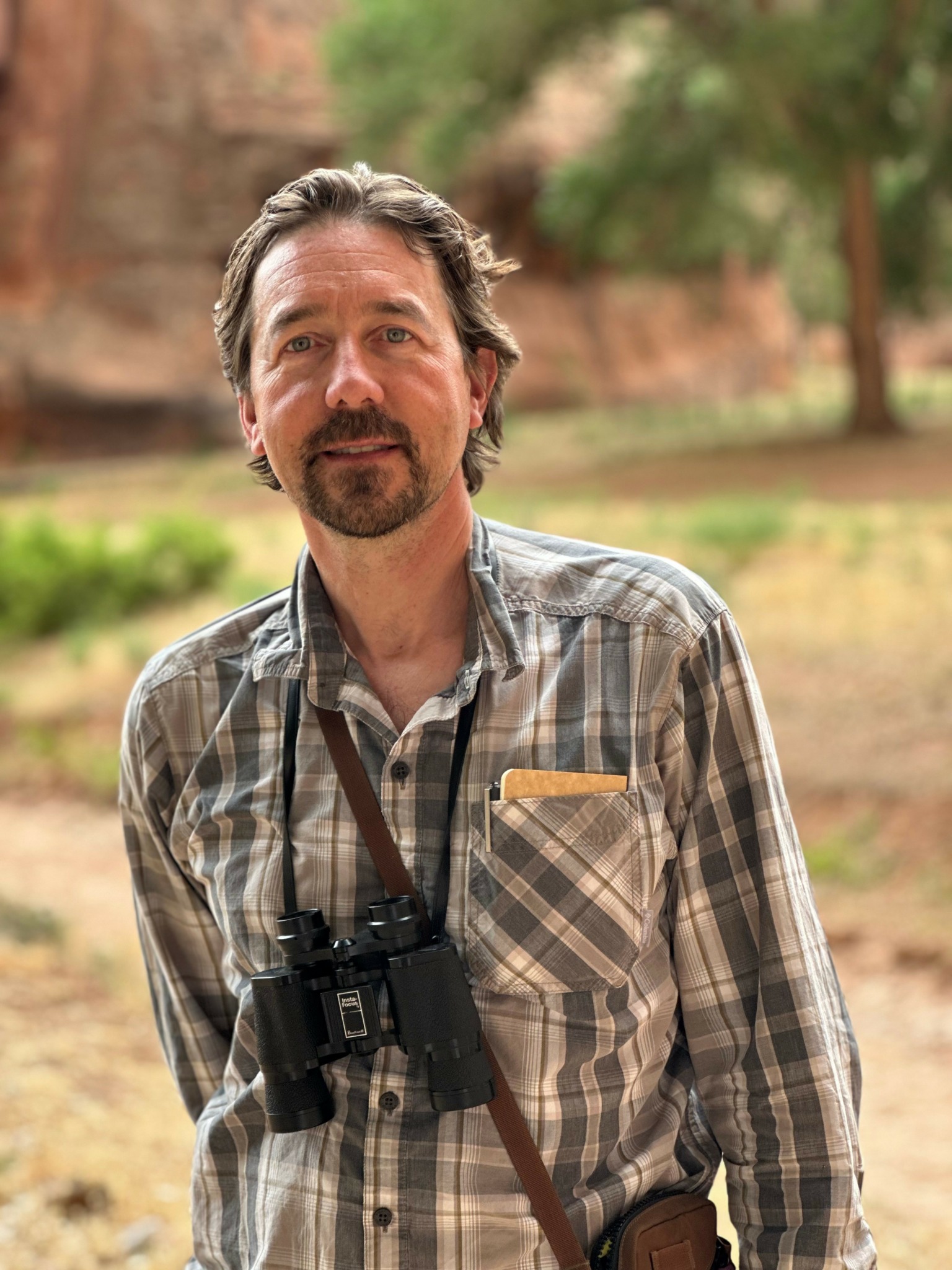
Learning and unlearning are both critical parts of growth – can you share a story of a time when you had to unlearn a lesson?
About unlearning – yeah, that’s a big and important aspect in teacher education, and it’s often missed completely.
This research comes from Dan C. Lortie’s book, Schoolteacher: A Sociological Study.
Lortie argues that prospective teachers bring with them thousands of hours of observing teachers as students — he estimates approximately 13,000 hours by the time they graduate from high school. Because students see their teachers “frontstage and centre like an audience viewing a play.” But, crucially, they don’t see much of the preparation, the intention, the reasoning behind the teaching moves (the “backstage”).
It is important to recognize that what you observed as a student was only a slice of what teaching involves (you didn’t see the planning, curriculum decisions, parent phone calls and conferences, emails, ongoing professional development, and collaboration).
The most effective teacher education programs name this and address it head-on.
Contact Info:
- Website: https://www.rememberit.org
- Instagram: https://www.instagram.com/philippeernewein/
- Linkedin: https://www.linkedin.com/in/philippeernewein/
- Youtube: https://www.youtube.com/@ernewein
